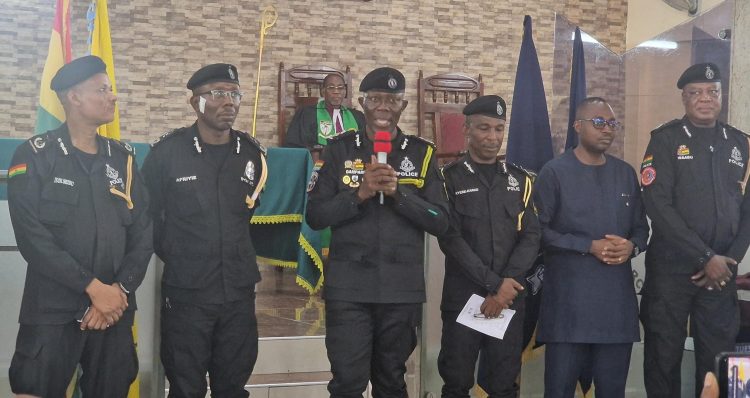Former Chief Executive Officer of the Ghana Chamber of Mines, Rev. Dr. Joyce Aryee, has underscored the need for ethical leadership, inclusive development, and deeper community partnerships in Ghana’s extractive sector.
She made the call during a mentorship session at the Africa Media Extractives Fellowship training in Accra on Wednesday, November 26.
Speaking on the topic “The Human Face of Mining: Leadership, Ethics, and Community Relations in Ghana’s Extractive Sector,” Rev. Dr. Aryee stressed that mining is not only about minerals but is central to Ghana’s economy and national development.
“I’ll say that mining is more than minerals. It’s central to Ghana’s economy as well as the whole community. But ethical leadership and inclusive development is very essential, and so we need to balance economic growth with social and environmental responsibility,” she said.
Proudly highlighting the role of women in the sector, she noted that women have a significant part to play in promoting ethical practices and strengthening relationships between mining companies and the communities in which they operate.
She emphasised that mining companies must go beyond corporate social responsibility and forge meaningful partnerships with host communities.
I think that there is a certain partnership that mining companies ought to have with their communities. So what’s the dual mandate of mining? The statistics tell us that mining contributes over eight percent to Ghana’s GDP, which is approximately 6.8 billion Ghana cedis in quarter two of 2025, and supports thousands of jobs, even with new technologies,” she explained.
Rev. Dr. Aryee, however, stressed the need to balance mining activities with land rights and livelihood protection, noting that mining inevitably competes with other land uses and disrupts livelihoods.
She recalled advising mining companies to strive for a positive legacy.
“When I was working, I used to tell the mining companies, nothing will be better than for somebody in the community to say, if this mining company had not been here, these facilities, these jobs, these livelihood programmes, better education — all these things would not have come,” she said.
According to her, mining companies have an obligation to leave communities better than they found them.
“It is not just leaving money for something that can go into the business, but knowing that there is an obligation to make sure that whatever you touch becomes better than before you touched it. That is the mentality that we must have,” she added.
Rev. Dr. Aryee further challenged government to clearly define the purpose of mining in Ghana, stressing that financial benefit alone cannot justify the environmental and social impacts.
“I have often asked, why does Ghana want to mine? What for? Because if the only reason why we mine is so we make money, we’ve lost it. Because mining has damaging consequences. And as I said, there will always be a hole. But we know what holes can be used for,” she noted.
She also underscored that national mining policies and laws must reflect a clear, long-term vision for the sector.
“So for all that happens, a country must decide why it wants to mine, what it wants to do with mining as an industry. That is the best way to go. So whatever laws you put in place must have that in perspective,” she said.




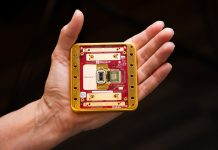







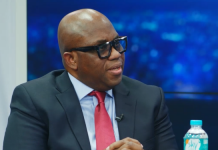


















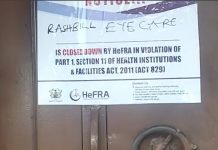

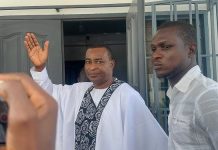



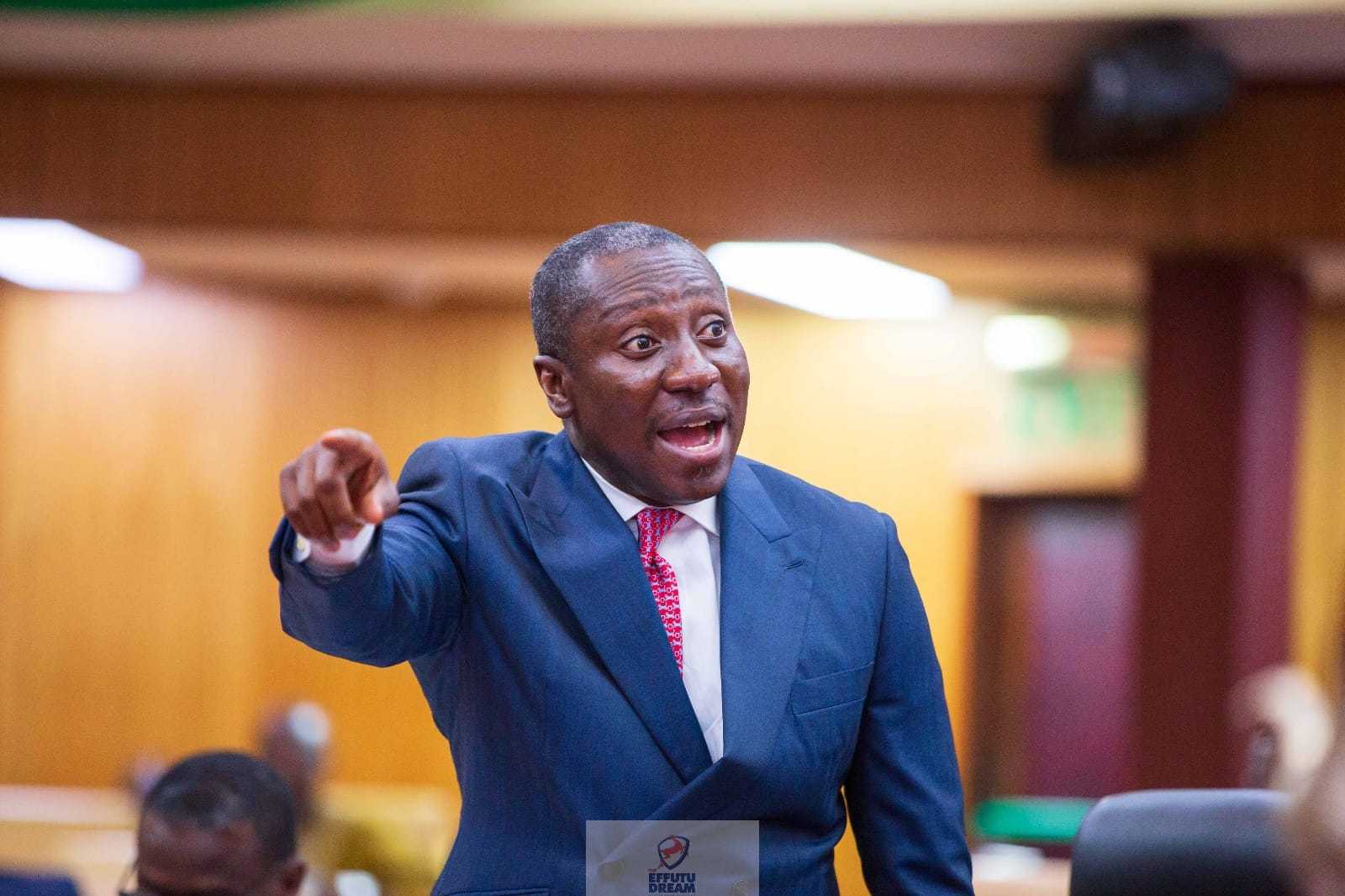
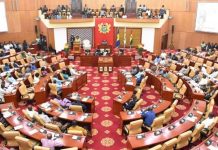
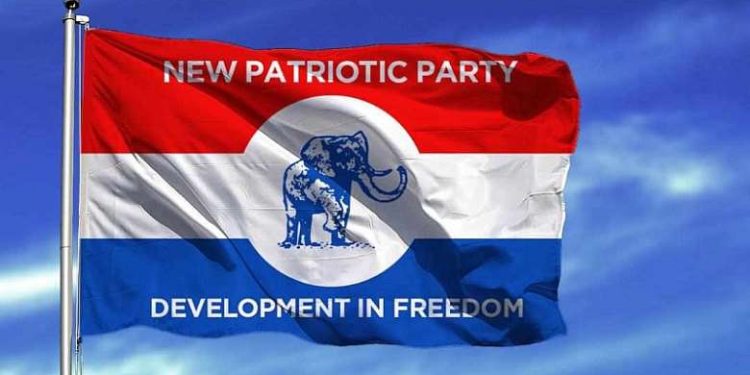
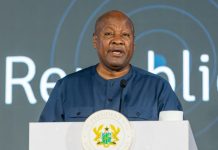














![[FREE FREE MONEY] Predict and Win a Guaranteed GH¢200 From Us EVERY WEEK](https://wordpress.ghanatalksradio.com/wp-content/uploads/2022/02/Predict-and-Win-Final-09-03-2021-218x150.jpg)
![[Predict & Win – 8th/Oct.] WIN A Guaranteed ¢200 From Us This Week](https://wordpress.ghanatalksradio.com/wp-content/uploads/2021/10/maxresdefault-16-218x150.jpg)
![[Predict & Win – 2nd] WIN A Guaranteed ¢200 From Us This Week](https://wordpress.ghanatalksradio.com/wp-content/uploads/2021/09/maxresdefault-50-218x150.jpg)
![[Predict & Win – 25th] WIN A Guaranteed ¢200 From Us This Week](https://wordpress.ghanatalksradio.com/wp-content/uploads/2021/09/maxresdefault-36-218x150.jpg)
![[Predict & Win – 18th] WIN A Guaranteed ¢200 From Us This Week](https://wordpress.ghanatalksradio.com/wp-content/uploads/2021/09/maxresdefault-23-218x150.jpg)
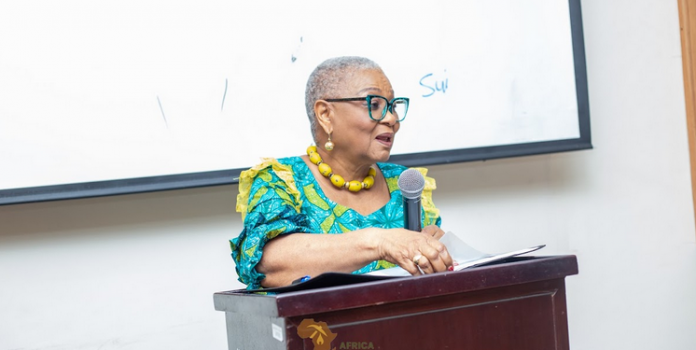
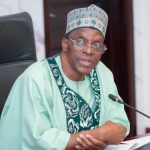





![[National cathedral] See full list of churches that have contributed since 2018](https://wordpress.ghanatalksradio.com/wp-content/uploads/2020/09/Ghana-National-Cathedral-GhanaTalksRadio-100x70.jpg)

